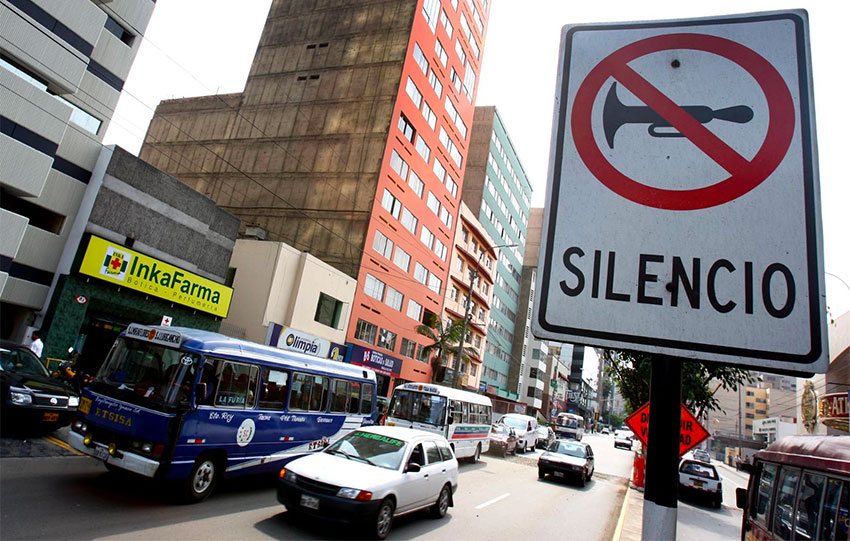Complaints about excessive noise are keeping Mexico City’s Environment and Zoning Prosecutor’s Office (PAOT) very busy.
The agency has filed more than 8,000 complaints about excessive noise since 2002 including 549 in the first seven months of this year. Over the past 17 years, noise pollution has been the second most common complaint filed with PAOT after land use violations.
In 2019, there have been 170 complaints about noise in the central borough of Cuauhtémoc, 69 in Benito Juárez, 63 in Miguel Hidalgo, 48 in Coyoacán and 42 in Iztapalapa. Excessive noise complaints in those five boroughs account for more than 70% of all such complaints filed across the capital’s 16 entities.
A PAOT report said that most complaints are about excessive noise emanating from bars, cantinas, restaurants, nightclubs and karaoke parlors.
Rosario Hernández, a resident of Roma Norte, a neighborhood known for hip bars and trendy restaurants, knows firsthand what it’s like to live with constant, excessive noise. She reached a breaking point in June.

Unable to sleep at 3:00am due to loud music emanating from the Bombay Club nightclub on Álvaro Obregón street, Hernández called police but was unhappy with their response and subsequently decided to file a complaint with PAOT.
“I don’t want to confront the owners or the staff of the establishment, I just want them to turn the music down when it’s very late. Every Friday and Saturday, it’s the same. People want to rest and live without noise. I’ve even had to take pills to sleep because of the noisy neighbors,” she said.
It’s not just loud music, however, that is disturbing the peace of Mexico City residents. Complaints about noise from factories, construction sites, traffic, aircraft and street vendors also keep officials busy.
Jimena de Gortari Ludlow, a professor of architecture and urbanism at the Iberoamericana University who has conducted research about noise in the city, said that in parts of the capital, such as the borough of Iztacalco, noise at workshops and factories is often the cause of complaints.
She told the newspaper El Universal that some operate at night and create excessive noise.
Among the ailments suffered by those exposed to constant, excessive noise are sleep disorders, concentration problems, stress and progressive loss of hearing, the academic said.

De Gortari said that PAOT has generally done a good job acting on the complaints it receives but argued that other government agencies should help to relieve its burden because it is “a small authority in terms of personnel.”
The Social Prosecutor’s Office and the Environment Secretariat should respond to complaints about noise in residential settings and on building sites, she said.
The academic explained that a shortcoming of the complaints system is that in order to impose a sanction against the person or business creating the noise, technicians from PAOT have to take a measurement to determine whether legal decibel limits have been exceeded.
However, when they take the measurement, the noise levels are not necessarily the same as the time to which the complaint referred, de Gortari said. She added that mobile phone recordings or measurements made by the complainants are usually insufficient evidence for authorities to take action.
PAOT chief Mariana Boy said that it is not viable for the agency to create a mobile app to make recordings of excessive noise and file complaints – as de Gortari has called for – “because we don’t have the technology to do it.
“Complaints have grown in recent months . . . but we continue to deal with each complaint that reaches us,” she said.
Boy explained that PAOT is also raising awareness about the harm excessive noise causes through its Bájale al Ruido (Turn Down the Noise) program.
Source: El Universal (sp)
